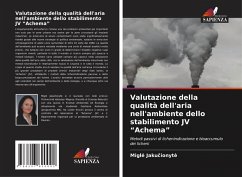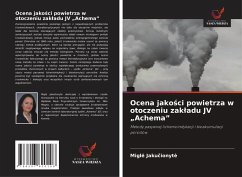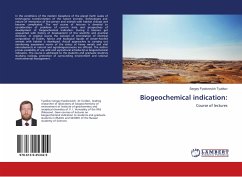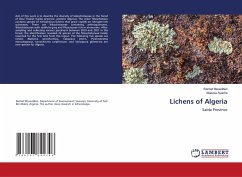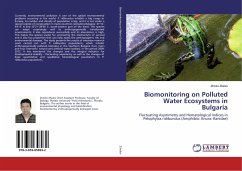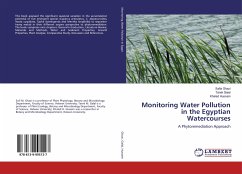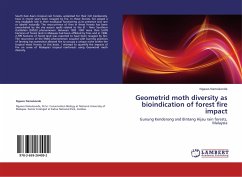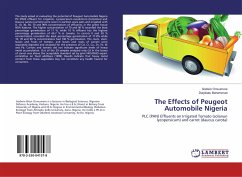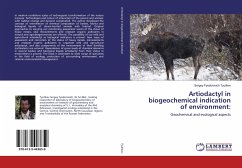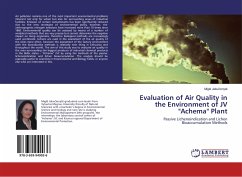
Evaluation of Air Quality in the Environment of JV "Achema" Plant
Passive Lichenoindication and Lichen Bioaccumulation Methods
Versandkostenfrei!
Versandfertig in 6-10 Tagen
19,99 €
inkl. MwSt.

PAYBACK Punkte
10 °P sammeln!
Air pollution remains one of the most important environmental problems inherent not only for urban but also for surrounding areas of industrial facilities. Emission of certain contaminants has been significantly reduced due to the new strategies of environmental policy, however, the anthropogenic nitrogen emissions have increased more than 10 times since 1860. Environmental quality can be assessed by means of a number of analytical methods that are very precise but cannot determine the negative impact on living organisms, therefore biological methods are increasingly used worldwide. Lichens ar...
Air pollution remains one of the most important environmental problems inherent not only for urban but also for surrounding areas of industrial facilities. Emission of certain contaminants has been significantly reduced due to the new strategies of environmental policy, however, the anthropogenic nitrogen emissions have increased more than 10 times since 1860. Environmental quality can be assessed by means of a number of analytical methods that are very precise but cannot determine the negative impact on living organisms, therefore biological methods are increasingly used worldwide. Lichens are used in the assessment of the air quality of the cities more often, however the assessment of the factory environment with the bioindicative methods is relatively new thing in Lithuania and throughout the world. The aim of this study was to evaluate air quality in the area surrounding the biggest producer of industrial chemical products in the Baltic states - "Achema" JSC by using the methods of the passive lichenoindication and lichen bioaccumulation. The analysis should be especially useful to scientists in Environmental and Biology fields, or anyone else who are interested in this.



